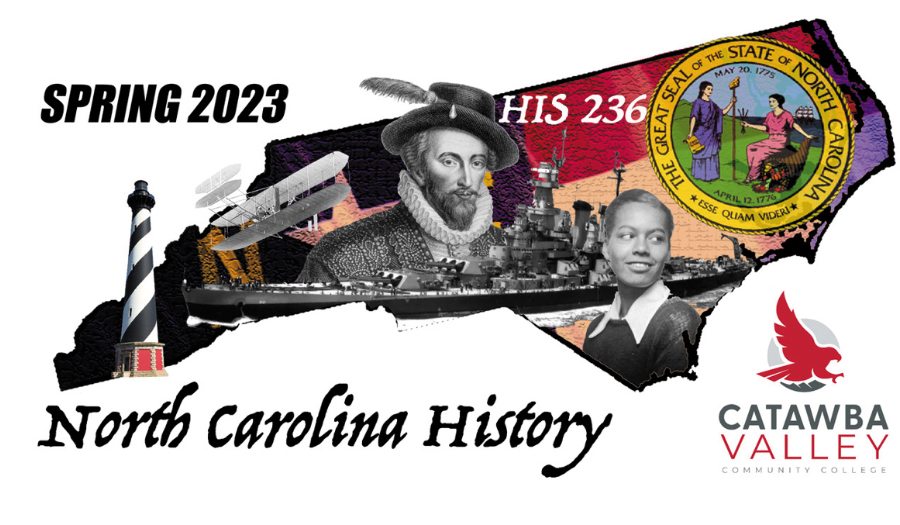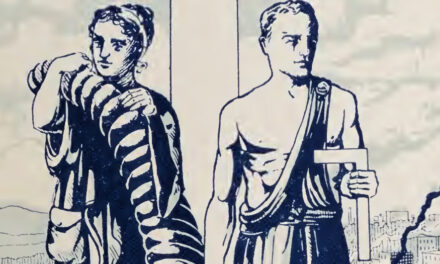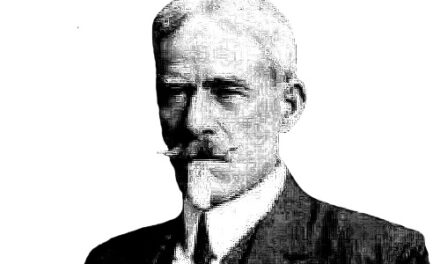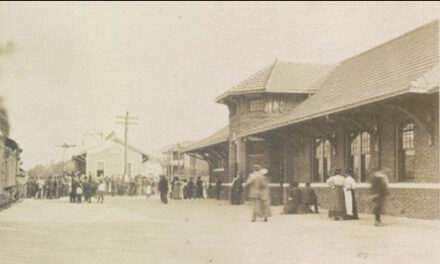
Let’s begin the new year with some old history that contains a rather new concept of the Old North State. While other colonies wanted to talk about independence in the 1760s and 70s, North Carolina had been debating, and practicing the notion for over a century before.
In one of the earliest settlements in NC, a struggle began. Not between the Euro arrivals and the Natives. Initially at least, each side regarded the other with respect. Englishman Thomas Harriot even took it upon himself to learn the Algonquin language of the Chowanoke Indians to make communication possible. Instead, competition between two groups of English settlers dominated. On the one side was the establishment Anglicans. They had come to the New World to build just what the mother country wanted, a place were Old World traditions would be perpetuated, a hierarchy where the wealthy remained at the top of the social heap.
Meanwhile, pilgrims of a different sort, mostly Quakers wanted to break the bonds that held them down as the lower class. They wanted to be judged by a different yardstick, one based on merit. The two came into conflict in North Carolina (even before there was a “North” Carolina), creating a unique foundation for a state that has not, in my opinion, sufficiently explored the clash. If you think about it, the debate going on in Albemarle is one of real consequence, one that the other 12 colonies would recognize later. We were however, ahead of the curve on this one.
To profit from the colony of Carolina, Parliament enacted the Navigation Acts which required “quitrents” (taxes) to be paid to the Lord Proprietors, a group of eight Englishmen who had been given land in the new colony as thanks for getting Charles II restored as king after his father was beheaded. Many of these colonists were small subsistence farmers who really didn’t have extra money laying around to pay a government 3,000 miles away. They were on the front lines, the frontier, building something sustainable, only using what nature and their ingenuity could offer. They made it plain that tax collectors would be ignored.
These were Quakers who believed in the equality of mankind, not the stratified system of England. They reasoned that being an ocean away allowed them enough space to try governing in a new way, one asserting that if they contributed they should also have a say, a premise that we now accept as wholly American. Through Culpeper’s Rebellion, Cary’s Rebellion and the Tuscarora War (the Tuscarora were on the Quakers side) they fought, Anglican v. Quaker to establish which would rule, everyone or a chosen few. Spoiler: the Anglicans won, although it took a ship of British marines, firing up its own citizens to do so.
Side note: In traditional histories of the state, the story of the Tuscarora War gets framed differently as a conflict about encroachment, which the Euros (i.e. Anglicans) were certainly engaging. Bloodshed on both sides. An excellent explanation of the fight is the subject of a fascinating book, A Very Mutinous People: The Struggle for North Carolina, 1660-1713, by UNC Press. The title is apt.
The proposition of who should rule, the king or the people would one day result in the American Revolution, but we Tarheels (read that as State of NC residents) should all take pride that the roots of what became the United States of American began in good old North Carolina soil.
Photo: Interested in participating in a class on NC history. If you don’t want to take a class for college credit, contact me at CVCC. We have options for putting one together for fun and learning.









